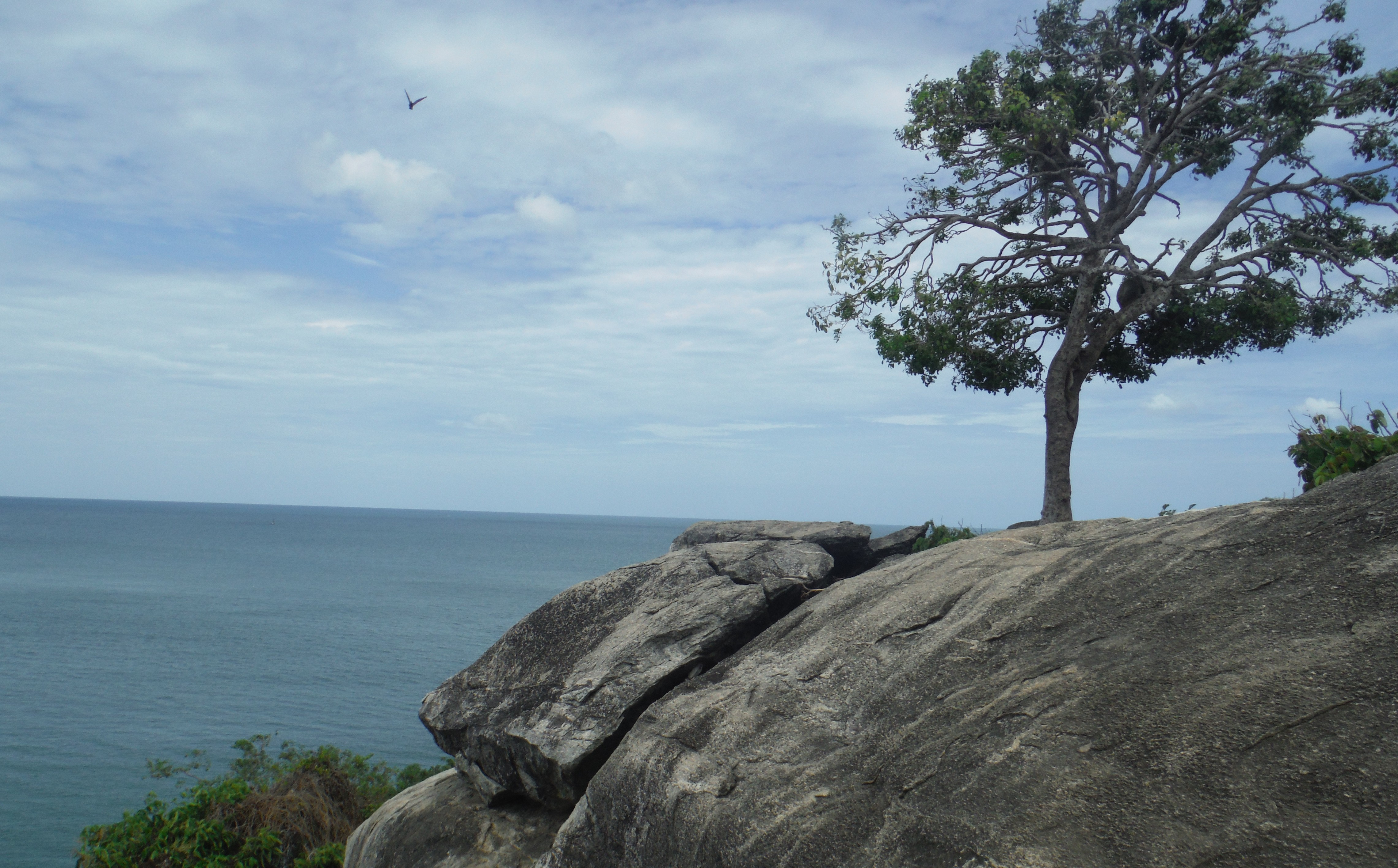When discussing concepts like environmentalism, perceptions and exceptions of the body, and distinguishing how our ideas of the self and the corporeal interact with the environment around us, it is never a bad idea to look into the existing literature on theories and definitions. Below are abstracts discussing and defining different branches of environmental study as it relates to anthropology, including Cultural Ecology and Ethnoecology, as well as an ethics primer that touches on the different ethical and moral stances and considerations in addition to providing advice about keeping an open mind when discussing ethical issues/concepts.
Cultural Ecology
Julian Steward’s Cultural Ecology defines and distinguishes cultural ecology from fields such as human and social ecology and emphasizes that it seeks to explain the origin of certain cultural features and patterns that characterize different regions. According to Steward, cultural ecology is not interested in generalizations, or in the origin and routes of diffusion of a technology, but rather in the different uses of technologies and how those different uses may entail different social relationships in each environment. Steward emphasizes that cultural ecology offers both a problem and a method of analyzing data. The problem for the discipline is ascertaining whether the adjustment of human societies to their environments requires particular behaviors or whether they allow for a range of behavior patterns. Steward in his article used general examples of cultural behavior from around the world, not citing any studies that would attempt to explain them but instead focusing on general patterns such as the advantages of group hunting when large game was involved and the advantages of small groups for gathering berries. Steward discussed how use of technologies and different social structures arise as a result of the environment the groups of people inhabit. He argues that the role of cultural diffusion of technologies in explaining culture has been greatly overestimated, and he emphasizes the lack of determinism present. Steward’s argument was presented clearly, but adding sources from outside his own thinking would add a layer of validity and would eliminate confirmation bias.
Ethics Primer
Richard J. McNeil’s Ethics Primer for University Students Intending to Become Natural Resource Managers and Administrators presents for the reader a basic rundown of what ethics is, a brief description of a few ethical theories including consequentialism (with its subtype utilitarianism), rule-based theories, rights-based theories, intuitionism, and virtue ethics, as well as providing sample ethical concepts and moral dilemmas for the reader to familiarize themselves with. McNeil provides clear definitions and examples for the concepts, and covers not only theory but the idea of moral considerability, the idea of a moral agent (one who has the capacity to make decisions regarding the morality of their proposed actions and to act upon those decisions), a moral subject, a moral community, and moral extensionism (or the idea of expanding rights to beings outside of the human species). In addition to summarization of ethical concepts, McNeil also provides summary points for readers, emphasizing that there is no uniform system of ethics that all philosophers subscribe to and that different standpoints and conclusions are possible. He provides at the end three points of advice on how to consider ethical questions, namely that one can always gain deeper understanding of ethics and develop more skills, personal work and occasional discussion with trained philosophers can increase understanding, and we must have humility and patience in order to have meaningful discussions. Ethical concepts can help us evaluate our distinctions between human and non-human, nature and culture, and how the physical form of beings can influence moral decisions.
Ethnoecology
In A View from a Point: Ethnoecology as Situated Knowledge by Virginia Nazarea, Nazarea introduces the term “ethnological approach” as coined by Harold Conklin, which was an attempt at understanding local understanding. People were amazed at how indigenous people could know so much about nature. This sense of amazement went in two different directions- one, which was to demonstrate Western scientific ignorance about other peoples’ ways of existing, and to point out its arrogance in dismissing anything that is different as inferior, and the other was to cross-reference native systems of classification to Western science and to demonstrate how native systems virtually match with Western systems. The first direction places value on local knowledge by reference to its internal coherence, while the second attempts to demonstrate perceived universals in patterns of classification. Nazarea asserts that the debate between the two approaches is one of trying to get the correct answer or the absolutely true story for two sets of fundamentally different questions. She believes that humans operate on perceptual universals while being shaped cognitively and behaviorally by culture. For her, ethnoecology serves as the investigation of systems of perception, cognition, and the use of the natural environment, and “incorporating contiguity and process as critical components of an engaged ethnoecology” pushes us toward a more dynamic and flexible investigation that will “admit the importance of ideological negotiation and positioning” (103). What is important to remember is that we cannot share a single vision; our perceptions of both the world and ourselves shape our world.
Conflict and Natural Resources
Arturo Escobar writes in his Difference and Conflict in the Struggle Over Natural Resources that the dominant models of development are invading every part of our lives. The struggle over natural resources often pit rich against poor not only within boarders but across them, and the resulting struggles are often led by women. The struggle also produces a questioning of capitalism. Escobar brings in the term difference-in-equality, wherein we as humans need to consider how to achieve the goal of equality while respecting difference. He insists that new forms of cultural differences are continuously being created, despite globalization. The idea that conflicts over access to and control over resources is a key factor in global crises is brought up, though Escobar seems more concerned with “cultural distribution conflicts”- ones that arose from the relative power accorded to various cultures and cultural practices in a historical context.
Escobar proposes we focus more on political ecology- the study of ecological distribution conflicts. This would involve accepting that the value of nature cannot be assessed only in economic terms- market prices cannot reflect the political and ecological practices that define and redefine the value of natural resources. If production under unequal distribution contradicts ecological processes, it also contradicts the cultural processes that are the core of people’s relationships to the natural world. It is important to realize that there may not be distinct lines for everyone with regards to the separation of culture, self, and the environment, but that should not stop us from striving for economic, ecological, and cultural distribution equally.
Images above credit to Author
Taken in Oxford, England


